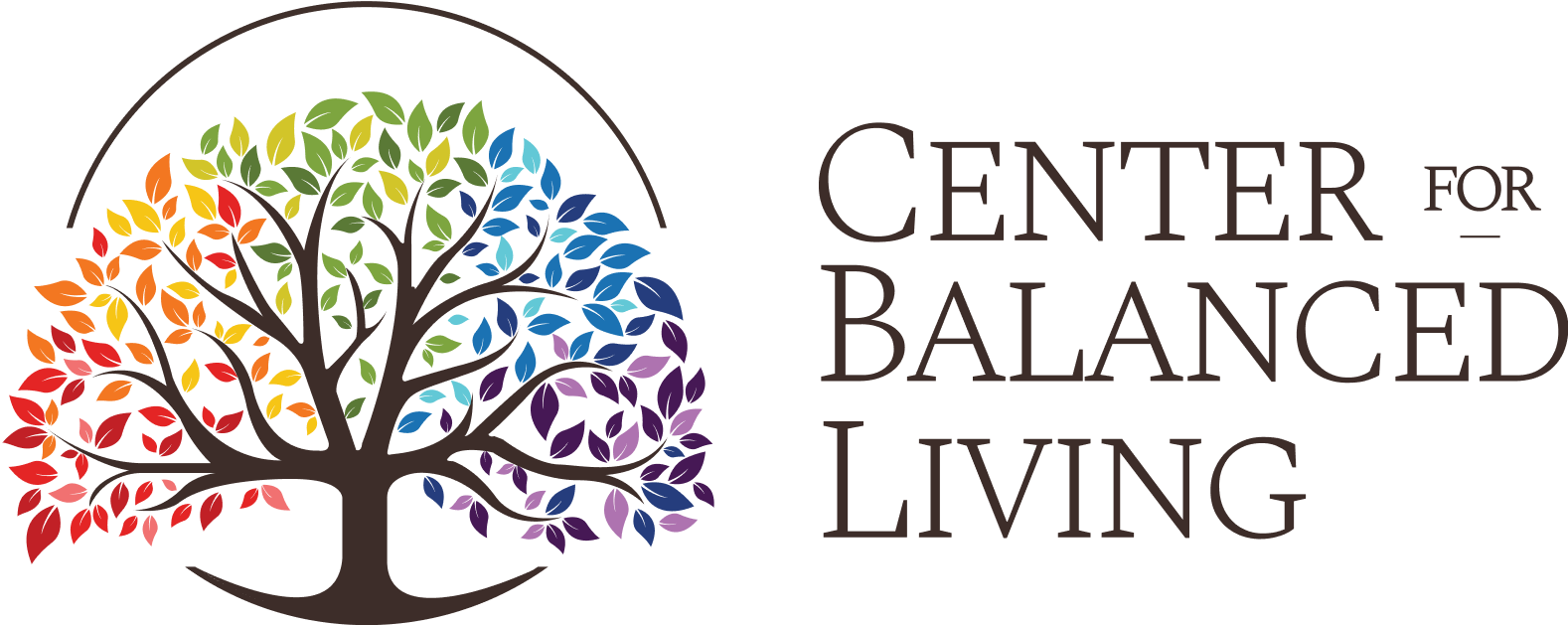May 2025 is Mental Health Awareness Month, a crucial time to underscore the significance of our emotional, psychological, and social well-being. This annual observance provides an invaluable opportunity to elevate public consciousness surrounding mental health challenges, dismantle existing stigmas that often prevent individuals from seeking help, and champion the importance of early intervention and accessible support systems. Throughout the month, various organizations and advocates unite to promote mental wellness, share resources, and encourage open conversations about mental health experiences. Recognizing the profound impact of mental health on overall health and productivity, it is essential to foster environments that prioritize well-being and provide the necessary resources for individuals to thrive. Let us collectively dedicate this May to highlighting the importance of mental health, fostering understanding, and building a more supportive and compassionate community for all.
- Connections Community Support Programs: This organization offers mental health services for both adults and children, including counseling, therapy, case management, and psychiatric care. They have programs specifically tailored for different age groups to address various mental health needs.
- Child, Inc.: Child, Inc. provides mental health services for children and families, including therapy, counseling, and support groups. They focus on early intervention and prevention of mental health issues in children.
- Mental Health Association in Delaware: This organization offers a variety of mental health programs and services for both adults and children, including support groups, educational workshops, and advocacy services. They also provide resources and referrals for individuals seeking mental health support.
- Thresholds: Thresholds is a community mental health center that provides mental health services for adults and children, including individual and group therapy, psychiatric evaluations, and medication management.
- NAMI Delaware: The National Alliance on Mental Illness (NAMI) Delaware chapter offers support, education, and advocacy for individuals and families affected by mental illness. They provide resources, support groups, and educational programs for both adults and children.
The History of Mental Health Awareness Month



In the post-World War II era, a burgeoning understanding of mental health began to take root in American society. Up until this point, mental illness was often shrouded in fear, stigma, and misunderstanding. Treatment was often limited and frequently inhumane. But as the nation grappled with the aftermath of war and a growing recognition of psychological trauma, a new wave of activism and advocacy emerged.It was in this climate of change that Mental Health America (MHA), then known as the National Mental Health Association, established Mental Health Awareness Month in 1949. This marked a pivotal moment in the ongoing struggle to bring mental health into the light. The goal was simple yet profound: to raise public awareness about mental illnesses and reduce the stigma that prevented so many from seeking help.
Initially, the efforts of Mental Health Awareness Month may have seemed small. But year after year, the movement grew. People began to speak out, sharing their stories and demanding better treatment and understanding. Organizations dedicated to mental health, like Delaware Guidance Services, Connections Community Support Programs, NAMI Delaware, and others worked tirelessly to provide services and support.
Over the decades, the landscape of mental health awareness evolved dramatically. The focus shifted from simply acknowledging the existence of mental illness to actively promoting mental wellness and early intervention. As we look towards May 2025, we see how far the conversation has come. The document speaks of "elevating public consciousness," "dismantling existing stigmas," and "championing early intervention." This reflects a deep understanding that mental health is not just the absence of illness but a vital component of overall well-being.
While the core goals of 1949 remain – awareness, acceptance, and support – the methods and scope have expanded immensely. What began as a singular, national effort now includes a complex web of community initiatives, educational programs, policy changes, and personal advocacy. As May 2025 approaches, it represents not just another year, but a continuation of this historical journey, a collective commitment to fostering a more supportive and compassionate world where mental health is prioritized for all.
Discovering the Importance of Psychological Evaluation
Psychological assessments play a vital role in understanding and addressing mental health needs. These evaluations use standardized tests, interviews, and observations to gather comprehensive information about an individual's cognitive, emotional, and behavioral functioning. The results help identify potential mental health conditions, inform diagnoses, and guide the development of personalized treatment plans. Ultimately, psychological assessments provide valuable insights that empower mental health professionals to offer targeted and effective support, promoting improved well-being and outcomes for individuals seeking help.
Let’s paint a picture of what happens at Center for Balanced Living when someone comes seeking clarity about their mental health or their child's development through our evaluation process. Imagine a family, perhaps, feeling lost in a maze of confusing behaviors or academic struggles. They've heard about Center for Balanced Living and reach out, hoping to find answers. When they connect with the Center, they learn about the various psychological evaluations offered, each designed to shed light on different aspects of well-being.
First, there are the Psychoeducational Evaluations. Think of these as deep dives into how a student learns. If a child is having trouble in school, struggling with reading, or seems to have difficulty focusing, a Psychoeducational Evaluation can reveal what’s happening. It looks at cognitive abilities, academic skills, and even the child's emotional world, all to understand how they impact learning. This process can identify things like learning disabilities or ADHD and ultimately helps create a roadmap – an Individualized Education Plan (IEP) – to guide the child toward academic success.
Then, there are the Neurodevelopmental Evaluations. These are like taking a comprehensive snapshot of how a person is developing. It examines cognitive skills, motor skills, and how well a person adapts to everyday life. This is particularly helpful for identifying developmental delays, autism spectrum disorder, or ADHD. The evaluation paints a full picture, helping understand the person’s developmental journey and how to provide the right support. And finally, there are the Psychological Evaluations, which delve into the heart of a person's emotional and behavioral world. Imagine someone feeling like their emotions are a rollercoaster, or their behavior is hard to manage.
A Psychological Evaluation can help untangle those feelings, identify underlying issues like anxiety, depression, or trauma, and provide clarity. It's about getting a complete picture of someone's mental health, so the Center can develop support that truly fits their needs. The common thread in all these evaluations is a desire to understand what's going on beneath the surface. It's about moving past labels and finding the root causes of challenges. Whether it's identifying a specific mental health condition or simply providing clarity in overwhelming times, these evaluations offer hope. They lead to tailored support, individualized treatment plans, and a sense of direction for those who feel lost.
Getting started on this journey is as simple as reaching out. A phone call to (302) 608-3780 or an email to admin@balancedlivingde.com opens the door to a process that can bring understanding, support, and ultimately, balance back into life.
Unlocking the Benefits of Ecotherapy for Mental Health
Ecotherapy, at its heart, is about recognizing and nurturing the inherent human connection to nature for the purpose of improving mental and physical well-being. It’s not just about going for a walk in the park; although that can be part of it. Ecotherapy involves a more intentional and therapeutic relationship that includes the client, the therapist, and nature itself as a co-therapist. It’s a structured approach that uses interactions with nature to facilitate healing and growth, often as an adjunct to traditional therapies.
One of the key advantages of nature-based therapy is the sense of calm and relaxation. There’s a wealth of research showing how natural environments can reduce stress hormones and lower blood pressure. In nature, the constant hum of anxiety often softens. The sounds of birds, the rustling leaves, the gentle flow of water – all these can be incredibly soothing. It's as if nature has a built-in reset button for our nervous system.
Then there’s the sensory engagement. In our day-to-day lives, we often tune out our senses, focusing narrowly on tasks and screens. Nature invites us to wake up. To feel the earth beneath our feet, smell the damp soil, see the dappled sunlight through the leaves. This sensory immersion can be deeply grounding, bringing us back to the present moment and away from anxious thoughts. It’s a way to reconnect with our bodies and the world around us in a very real, tangible way.
Another advantage is the feeling of connectedness. Many people today feel isolated, disconnected from others and from something larger than themselves. Nature reminds us we're part of a bigger system. We’re not separate from the trees, the birds, the earth. We're intricately connected to it all. This sense of belonging can be profoundly healing, offering comfort and perspective.
Interested in learning more? Plan to attend one of the free ecotherapy sessions led by Dr. Serravalle this May. Follow us on social media to stay updated on events at the Center For Balanced Living.
Center for Balanced Living
Center for Balanced Living
What is ACT therapy?
Imagine you're on a path through life. Sometimes, the path is smooth and pleasant, filled with joy and ease. Other times, the path becomes rocky, filled with obstacles and difficult weather – thoughts and feelings that are painful or unwanted. Many people, when faced with these difficulties, try to fight the weather. They struggle against the rain, the wind, and the rough terrain, hoping to make it go away. This struggle, while understandable, often leads to exhaustion and getting stuck.

That's where Acceptance and Commitment Therapy, or ACT, comes in. Developed by Steven Hayes, ACT suggests a different approach. Instead of fighting the weather, ACT encourages us to acknowledge it, to observe it without judgment. It's like stepping back and noticing the rain falling, the wind blowing, without trying to push it away. This is the "acceptance" part of ACT. It doesn't mean we like the weather, but it means we're willing to experience it.
Alongside acceptance, ACT emphasizes mindfulness. This means being present in the moment, paying attention to what's happening inside us and around us, without getting caught up in it. It's like noticing our thoughts and feelings as passing clouds in the sky, rather than as solid objects we have to carry. We learn to "defuse" from our thoughts, recognizing that they are just thoughts, not necessarily truths or commands.
Now, while we're acknowledging and observing the weather, ACT also encourages us to clarify what truly matters to us. What are our values? What kind of life do we want to live? These values act as a compass, guiding us along our path. Once we know our values, ACT helps us take "committed action" towards them. This means setting goals, taking steps, and persisting, even when the weather gets rough. It's about living a life that is aligned with what matters to us, regardless of the difficult thoughts and feelings that might arise.
Essentially, ACT is about increasing our "psychological flexibility." This is the ability to be present, open up to our experiences, and do what matters. It's about learning to navigate the ups and downs of life with more ease and resilience. Instead of getting stuck in the struggle against the weather, we learn to walk alongside it, guided by our values and committed to living a mean



Other Mental Health Observances in May:
- National Mental Health Counseling Week (May 6-12): A week dedicated to recognizing the work of mental health counselors.
- National Prevention Week (May 11-17): A week focused on promoting mental health and well-being through prevention strategies.
- World Maternal Mental Health Day (May 6): A day to raise awareness about maternal mental health.
- National Children's Mental Health Awareness Day (May 9): A day to focus on the mental health of children.
- National Mental Health Awareness Week (May 10-16): A week dedicated to raising awareness about mental health.
- National Barber Mental Health Awareness Day (May 19): A day to recognize the importance of mental health for barbers.
- National Hairstylist Mental Health Awareness Day (May 27): A day to recognize the importance of mental health for hairstylists.




